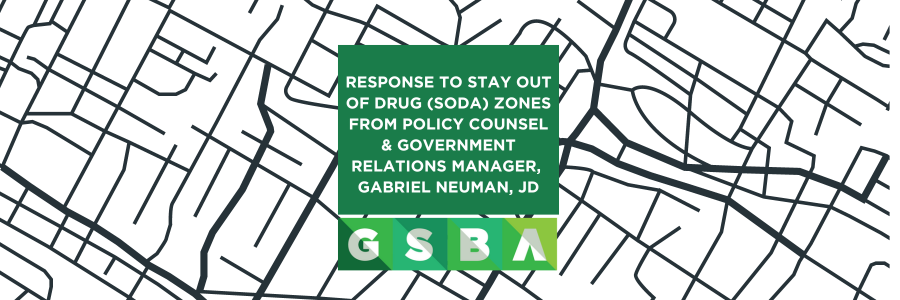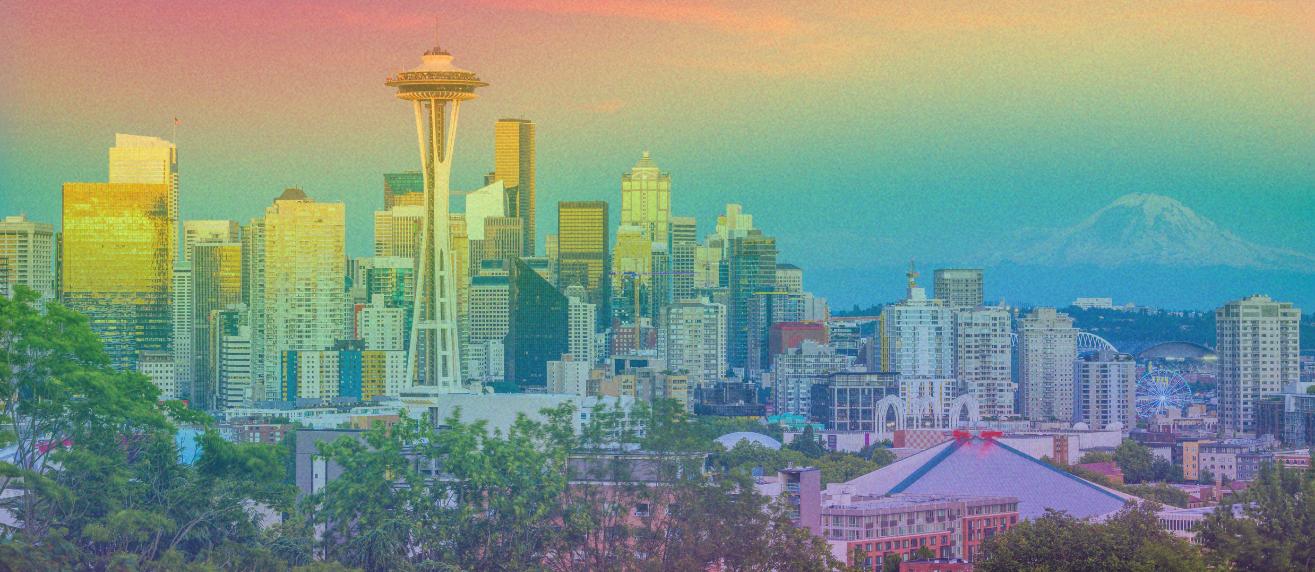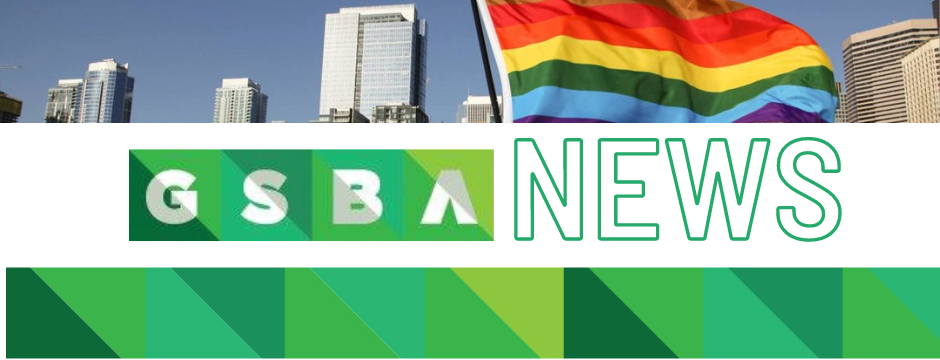From GSBA’s Policy Counsel & Government Relations Manager, Gabriel Neuman, JD: On September 17th, Seattle City Council passed legislation creating Stay Out of Drug (SODA) zones in areas of the city that are high targets for crime. Under this legislation, Judges can issue a SODA ban on defendants who commit certain misdemeanors including property damage, theft, and drug use. This ban would forbid those individuals from reentering the area in which they conducted the crime.
One SODA zone will be created in Capitol Hill, bordered on the north by East Thomas Street, on the south by East Union Street, on the east by 11th Avenue, and the west by Harvard Avenue.
This bill will provide additional relief to businesses and community members who are subject to repeat offenses. Many in-depth discussions with our Capitol Hill members have painted the same picture: often, businesses are visited by one or two problematic individuals several times a day or week. There is currently no legal way for SPD or community service providers to remove those people from the targeted area, so problems persist. We see the creation of SODA zones as a way to alleviate the immediate issues our members face. However, GSBA will continue to advocate for a public safety approach that is centered on non-punitive, treatment-based outcomes.
SODA is not perfect. It was important to GSBA that, if implemented, this legislation would incorporate guardrails to ensure that it does not result in disparate impacts on Seattle’s marginalized communities. We asked Councilmember Hollingsworth to include an amendment that would require consistent, public data tracking on the efficacy of SODA zones and their impact on their surrounding neighborhoods. This auditing should include ample participation from the community. We were thrilled to see that these requests were met with a walk-on amendment to the final SODA legislation, which requires consistent reporting from the City Auditor office and a yearly comprehensive report from SPD and the City Attorney’s Office. This publicly available data will help advocates track the efficacy of the program and reform as needed.
GSBA will continue to work closely with our Capitol Hill community to understand the impacts of the SODA zone and reevaluate its efficacy as our city’s public safety infrastructure continues to grow.



